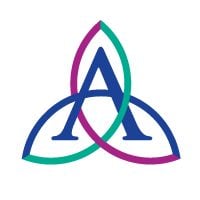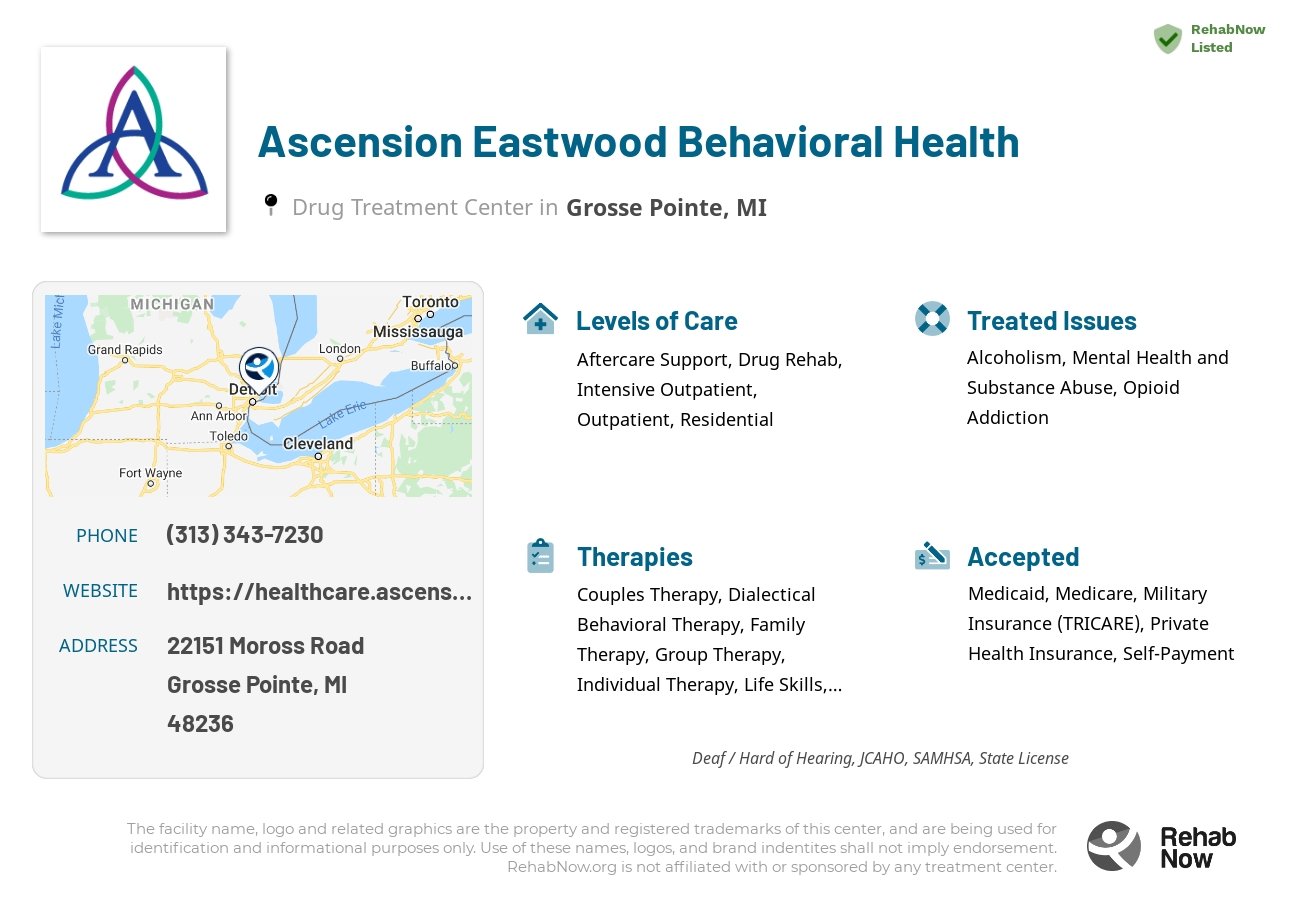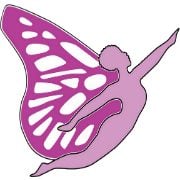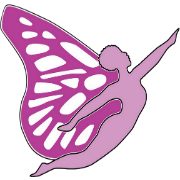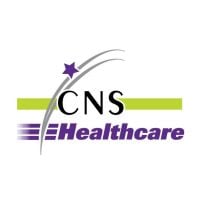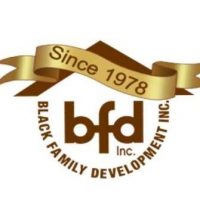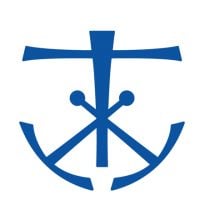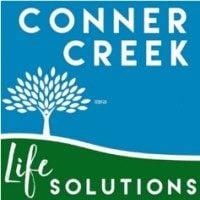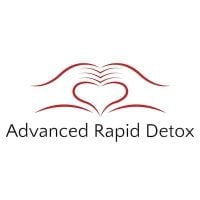Ascension Eastwood Behavioral Health
Drug Rehab Center in Grosse Pointe, Michigan
Ascension Eastwood Behavioral Health is an accredited facility in Michigan that provides personalized care for those with substance use and mental health issues through various services such as inpatient and outpatient treatment, mental health assessments, psychiatric services, and specialized programs like opioid addiction treatment in addition to evidence-based therapeutic interventions and lifestyle wellness therapies.
About This Michigan Facility
Ascension Eastwood Behavioral Health in Grosse Pointe, Michigan is an accredited behavioral health facility dedicated to providing personalized and high-quality care to those in the local community suffering from substance use and mental health issues. The center offers a range of services, such as inpatient and outpatient treatment options, mental health assessments, psychiatric services, and care coordination with psychiatrists, primary care physicians, and specialists. Ascension Eastwood Behavioral Health also provides individualized treatment plans that are tailored to the patient’s specific needs, as well as specialized programs such as opioid addiction treatment, family counseling, and detoxification services.
At Ascension Eastwood Behavioral Health, the experienced medical staff offers a wide array of services that help individuals struggling with addiction or substance abuse. These include evidence-based therapeutic interventions, such as Cognitive Behavioral Therapy, Dialectical Behavior Therapy, and Trauma-Informed Care, as well as lifestyle wellness therapies including yoga, meditation, and mindfulness-based practices. In addition, the center provides a 24-hour crisis hotline for patients in need of immediate assistance, and offers an array of social services such as support groups, job training, housing assistance, and community engagement activities.
Ascension Eastwood Behavioral Health is accredited by The Joint Commission and is also fully licensed and certified by the State of Michigan Department of Health and Human Services. In addition, the facility has received numerous awards for its excellence in service, including the National Alliance on Mental Illness (NAMI) Michigan Partner Award for 2019 and the Best of Grosse Pointe Award for Behavioral Health Services in 2018. The center also participates in the DMC Health Network, providing convenient access to a vast network of dedicated specialists and providers.
Genders
Ages
Modality
Additional
Accreditations
State License
SAMHSA

JCAHO
Conditions and Issues Treated
Opioid addiction is the result of repeated use, or abuse, of opioid drugs. It is recommended for people who are dependent on opioids, or who have a high risk for dangerous health concerns, to seek professional treatment. Treatment plans usually include behavioral therapy and medication-assisted treatment.
Opioid drugs include: fentanyl, heroin, methadone, oxycodone, and oxymorphone.
Opioid addiction treatment is beneficial for:
- People who have a history of severe withdrawal.
- People with a high risk for dangerous health concerns.
- People having difficulty overcoming opioid addiction on their own.
Levels of Care Offered at Ascension Eastwood Behavioral Health
This center offers a variety of custom treatment tailored to individual recovery. Currently available are Aftercare Support, Drug Rehab, Intensive Outpatient, Outpatient, Residential, with additional therapies available as listed below.
An Intensive Outpatient Program (IOP) is a form of drug treatment that allows individuals to receive the therapy they need while remaining in their homes and community.
An IOP is typically 3-5 days per week, at least 4 hours each day of treatment. Treatment can last for a few months or longer, depending on the situation.
An IOP is a step down from an inpatient treatment center and can be used as a step down from an inpatient stay or as a more intense form of outpatient treatment. IOPs allow for the flexibility to continue working and living at home while still meeting treatment demands.
The outpatient programs in Grosse Pointe, MI are for those addicted drugs or alcohol. The goal of the outpatient rehabilitation program is to make them stop abusing drugs or alcohol, reduce drug use or addictive behaviors, and become entirely sober. It is generally required to attend the outpatient program for 10-12 hours every week.
Patients can be administered on-the-spot medication to ease withdrawal symptoms such as anxiety, increased heart rate, and even depression. Groups such as Alcoholics Anonymous (AA) and Narcotics Anonymous (NA) can be used as a part of outpatient treatment to help maintain sobriety.
Residential treatment programs are those that offer housing and meals in addition to substance abuse treatment. Rehab facilities that offer residential treatment allow patients to focus solely on recovery, in an environment totally separate from their lives. Some rehab centers specialize in short-term residential treatment (a few days to a week or two), while others solely provide treatment on a long-term basis (several weeks to months). Some offer both, and tailor treatment to the patient’s individual requirements.
Aftercare support is a service many addicts need to ensure their success at recovery. This service usually includes one-on-one or group therapies, assistance from a sponsor and other types of help designed to make sure the patient continues living a life free from drugs.
Patients also may require medication to help them battle addiction. Some people have been able to successfully recover without additional medications, but others have found that they need help during their transition. Long-term, the patient must take the initiative to attend meetings and receive help from other addicts in recovery.
Therapies & Programs
People in addiction recovery can benefit from individual therapy. This type of therapy involves meeting with a therapist one-on-one. This allows for a personal and trusting relationship to be built so that the patient can be truly themselves and express any emotions they feel. Individual therapy leads to greater understanding and peace about your triggers for addiction and coping strategies to prevent relapse.
Couples therapy for drug addiction is based on the belief that addiction is a family disease. Everyone involved with an addict, not just the addict themselves, is affected by their behavior and the changes the addict goes through. The relationship also changes the addict’s significant other and has likely picked up some codependent behaviors. Codependency is a term used to describe a person obsessed with another person and their needs and feelings while neglecting their own. Addicts are usually people-pleasers, so it is understandable how one can become codependent in relationships with addicts.
Family therapy is a type of group problem-solving that aims to improve communication and relationships between the patient, their family, and sometimes friends. The main goal of family therapy for drug addiction is to create an environment where communication can occur without judgment, hostility, or blame. The therapist is with the family as they learn to communicate with each other differently, especially with the addict when s/he is using.
Group therapy sessions are held in rehab facilities, clinics, churches or community centers that offer drug addiction treatment. People who attend these groups are encouraged to voice their feelings and support other addicts in recovery. This helps group members strengthen their own recovery program while cheering on others who are struggling with sobriety.
Group therapy sessions provide recovering addicts with a chance to cope with everyday situations that many face. Group therapy sessions are held in rehab facilities, clinics, churches or community centers that offer drug addiction treatment.
People who attend these groups are encouraged to voice their feelings and support other addicts in recovery. This helps group members strengthen their own recovery program while cheering on others who are struggling with sobriety.
If you’re looking for addiction treatment, it’s important to find a facility that offers trauma therapy. This type of therapy helps people process and understand the past traumas that have led to their addiction. Trauma therapists will work with clients to help them understand their past and present relationships and show them that they are worthy of love. This therapy is typically done using visualization, discussion, and writing down thoughts and feelings.
Trauma Therapy is a form of therapy that involves working with a patient to help them process and understand the past trauma(s) in their life. This therapy is typically done using techniques such as visualization, discussion, and writing down thoughts and feelings. The main goals of trauma therapy is to help clients express their emotions and talk about what they are feeling.
Dialectical Behavior Therapy (DBT) is a form of cognitive-behavioral therapy that helps people understand how they connect their thoughts, behaviors, and feelings. It can give them more control over their actions, effectively stopping self-harm ideations and attempts in some patients. It also helps put those with borderline personality disorder into control for managing mental struggles.
A new study has shown that DBT works for those with self-harm behaviors and addictions by giving them therapy they can relate to and understand.
Cognitive Behavioral Therapy (CBT) helps addicts identify faulty, negative thinking so that they can work together with the therapist to find healthier ways of thinking. CBT focuses on specific aspects of each person’s thinking, feeling, physiology, and behavior. It aims to identify specific problems in these areas, and create a personalized treatment strategy.
Life Skills Services offered at Ascension Eastwood Behavioral Health assists addicts in their recovery by teaching them healthy coping mechanisms that will aid them in becoming sober, focussing on helping people enter into, and maintaining long-term sobriety. Ascension Eastwood Behavioral Health provide Life Skills Services at varying levels of intensity, specific to the needs and requirements of each patient.
Benefits of Life Skills Services offered at Drug Treatment Centers in Michigan:
- Restores hope and empowerment — Helps addicts believe that recovery is possible and instills a new confidence in their ability to achieve a positive, drug-free future
- Enhances family involvement — Encourages families to get involved in the recovery process and supports their understanding and encouragement of healthy behavior.
- Increases patient’s compliance — Helps patients take responsibility for and ownership of their recovery and encourages continued progress
- Reduces relapse rates — Encourages long-term abstinence and emphasizes the importance of establishing sober support systems.
Payment Options Accepted
For specific insurance or payment methods please contact us.
Is your insurance accepted?
Ask an expert, call (888) 674-0062
Eastwood Clinics Associated Centers
Discover treatment facilities under the same provider.
- Ascension Brighton Center for Recovery in Brighton, MI
- Ascension Eastwood Behavioral Health - Rochester in Rochester, MI
- Ascension Eastwood Behavioral Health - Garfield in Clinton Township, MI
- Ascension Eastwood Behavioral Health - Harper in Saint Clair Shores, MI
- Ascension Eastwood Behavioral Health - Greenfield in Southfield, MI
Learn More About Eastwood Clinics Centers
Additional Details
Specifics, location, and helpful extra information.
Grosse Pointe, Michigan 48236 Phone Number(313) 343-7230 Meta DetailsUpdated November 25, 2023
Staff Verified
Patient Reviews
There are no reviews yet. Be the first one to write one.
Grosse Pointe, Michigan Addiction Information
Michigan has the second-highest rate of drug and alcohol abuse in the nation. Heroin is linked to more than 50% of the state's hepatitis C cases. Marijuana is the drug most often associated with crimes in Michigan, followed by methamphetamines. Opioids alone are responsible for almost 20% of all drug overdose deaths in Michigan.
Grosse Pointe is located near some of the major drug trafficking routes in the country. About 5,000 people struggle with addiction to drugs or alcohol in Grosse pointe. There were also around 230 deaths attributed to illegal narcotics use, which is up 10% from 2015. Many websites list local rehab centers, and you can compare the different facilities to find the one that best suits your needs.
Treatment in Nearby Cities
- Manistique, MI (295.2 mi.)
- Redford, MI (19.6 mi.)
- Cheboygan, MI (236.3 mi.)
- Menominee, MI (299.4 mi.)
- Reed City, MI (165.2 mi.)
Centers near Ascension Eastwood Behavioral Health
The facility name, logo and brand are the property and registered trademarks of Ascension Eastwood Behavioral Health, and are being used for identification and informational purposes only. Use of these names, logos and brands shall not imply endorsement. RehabNow.org is not affiliated with or sponsored by Ascension Eastwood Behavioral Health.
